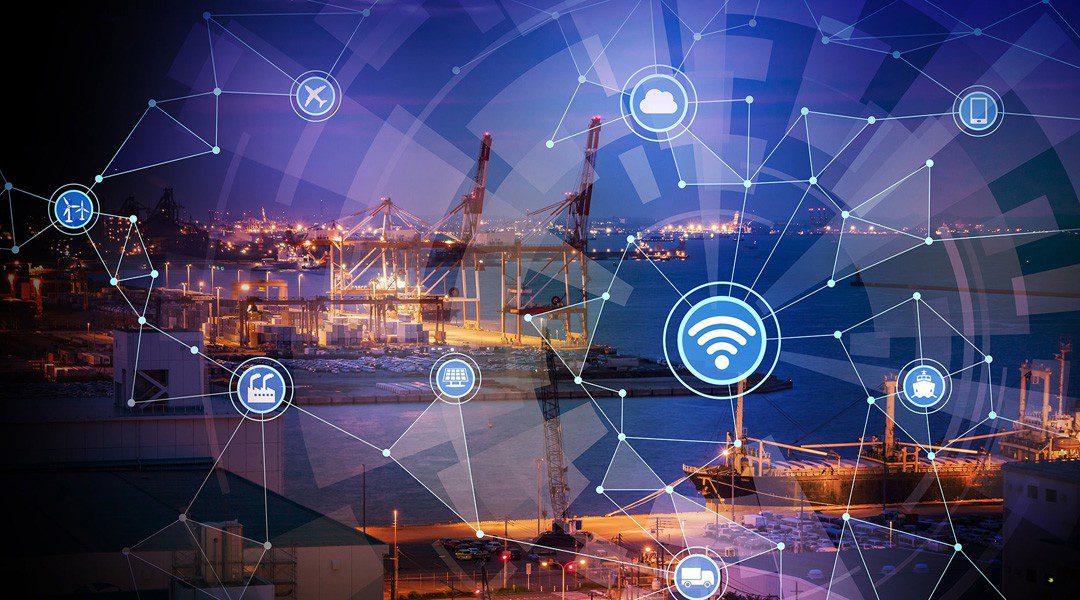Global | October 11, 2025 – Global energy company Shell has unveiled a major expansion of its LNG bunkering fleet, adding four new high-capacity vessels between 2027 and 2028. This move reinforces Shell’s leadership in marine energy solutions amid rapidly growing demand for Liquefied Natural Gas (LNG) and bio-LNG across key international shipping routes.
The expansion includes two vessels with a capacity of 18,000 cubic meters and two larger vessels of 18,900 cubic meters, scheduled for delivery in 2027 and 2028 respectively. This investment underscores Shell’s commitment to providing scalable, lower-carbon marine fuel alternatives in line with tightening global emissions regulations and the maritime sector’s transition towards net-zero emissions.
Shell champions a methane-based fuel pathway, positioning LNG, bio-LNG, and synthetic LNG (e-LNG) as a flexible, scalable solution to decarbonising the marine sector. These fuels offer a future-ready, drop-in compatible, and scalable alternative to traditional marine fuels.
Shell’s LNG product portfolio delivers significant environmental improvements over traditional marine fuels such as Very Low Sulphur Fuel Oil (VLSFO):
These fuels not only comply with current environmental regulations but also offer a sustainable, long-term pathway aligned with global net-zero ambitions for 2050.
Shell operates the world’s largest LNG bunkering infrastructure, ensuring broad fuel availability across major international shipping corridors.
This extensive network is backed by Shell’s comprehensive LNG portfolio, including regasification access, shipping, and storage assets — guaranteeing reliability and consistency in ship-to-ship supply worldwide.
Shell’s LNG bunkering infrastructure spans key global shipping corridors, providing consistent fuel availability where it matters most:
This vast network is supported by Shell’s integrated LNG ecosystem — encompassing shipping, storage, production, and regasification — ensuring dependable supply chains worldwide.
Shell’s fleet reflects a global deployment strategy focused on key trade routes in Asia, North America, and Europe. These vessels enable safe, efficient ship-to-ship LNG bunkering at major ports.
To meet surging demand, Shell is expanding its fleet with four new high-capacity LNG bunker vessels currently under construction:
These next-generation vessels will bolster Shell’s presence in Asia and other strategic regions, enhancing supply coverage and accelerating the maritime industry’s energy transition.
Shell’s expanded LNG bunkering fleet, unmatched infrastructure, and strategic partnerships signal that LNG is no longer just a transition fuel—it is the cornerstone of the maritime industry’s sustainable future.
With the growth of bio- and synthetic LNG, the rise of flexible dual-fuel engines, and robust safety records, LNG is evolving from a “bridge fuel” to an integral part of the decarbonization strategy.
These developments are positioning LNG as a long-term solution to meet the maritime sector’s net-zero ambitions.
One of the defining characteristics of LNG is its storage at -162°C, a unique challenge that Shell meets with cutting-edge engineering and operational practices.
Key technical measures include:
These innovations, combined with Shell’s growing experience, have transformed LNG handling from a perceived risk into a safe and well-established norm across vessel classes.
Investing in LNG today offers the maritime industry a future-proof solution. Dual-fuel engines in newbuilds can already switch seamlessly between LNG, MGO, VLSFO, and biofuels. As bio-LNG and synthetic LNG production scales, these engines will allow operators to remain compliant with future emissions standards without requiring costly retrofits.
This flexibility helps mitigate the risks associated with fuel availability and regulatory uncertainty, securing a smoother, more sustainable transition for the entire sector.
LNG is at the forefront of a global shift in the maritime industry, as regulators and stakeholders push for sustainable alternatives to traditional fuels. According to DNV’s Alternative Fuels Insight platform (mid-2025):
These numbers highlight growing industry confidence in LNG’s role as a key transition fuel, as well as its readiness to meet long-term decarbonization goals.
LNG continues to be the most impactful and readily available marine fuel for reducing emissions. Compared to traditional marine fuels, LNG offers:
These performance benefits make LNG a crucial component of any shipping company’s decarbonization strategy, delivering immediate results while facilitating the transition to future zero-emission fuels.strategy—delivering immediate results while enabling a smooth transition to future zero-emission fuels.
Shell’s expansion of its LNG bunker fleet, coupled with its unrivaled global infrastructure and commitment to scalable, future-compatible fuels, positions LNG at the heart of maritime decarbonization efforts. With over 1,100 LNG-fueled vessels either operational or on order, an expanding number of ports offering LNG bunkering, and bio- and synthetic LNG solutions advancing rapidly, the pathway to net-zero shipping is clearer and more achievable than ever.
As regulatory pressures increase and industry stakeholders demand sustainable solutions, LNG is emerging not only as a bridge fuel but also as a foundational pillar for the long-term transformation of global shipping.
Shell plc is incorporated in England and Wales, has its headquarters in London and is listed on the London, Amsterdam, and New York stock exchanges. Shell companies have operations in more than 70 countries and territories with businesses including oil and gas exploration and production; production and marketing of liquefied natural gas and gas to liquids; manufacturing, marketing and shipping of oil products and chemicals and renewable energy projects.
Shell Marine, a leading global supplier of marine fuels and lubricants, plays a vital role in enabling the maritime sector’s transition to cleaner energy. The company offers comprehensive LNG and low-carbon fuel solutions, leveraging its extensive global network, technical expertise, and innovation pipeline.
With 29 bunkering hubs, 14 dedicatedLNG bunkering vessels, and more than 3,000 LNG operations completed, Shell Marine is a trusted partner for shipping companies aiming to decarbonise efficiently and effectively.
The company is also actively exploring future fuels, including bio-LNG, synthetic e-methane, hydrogen, and ammonia, to support long-term climate goals.





